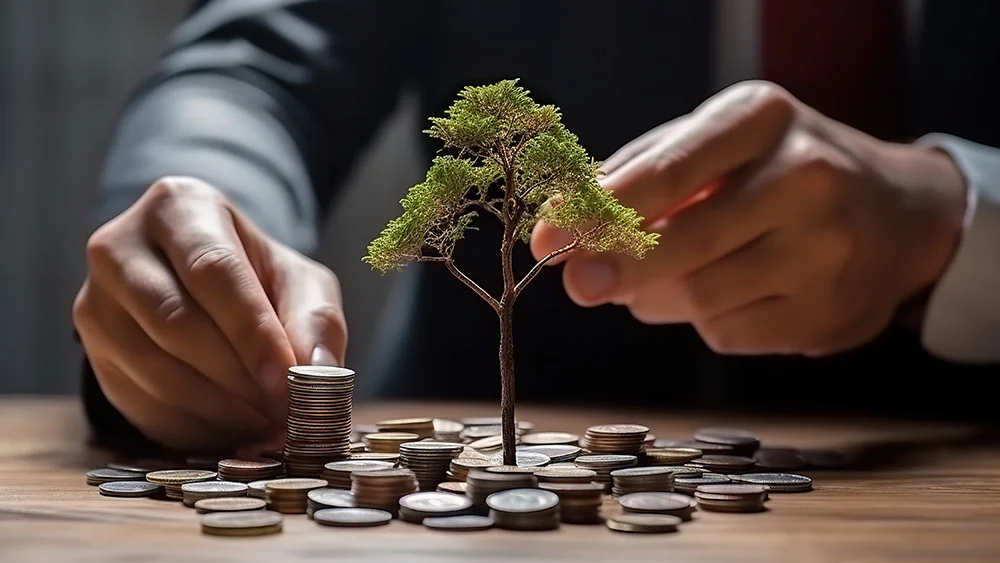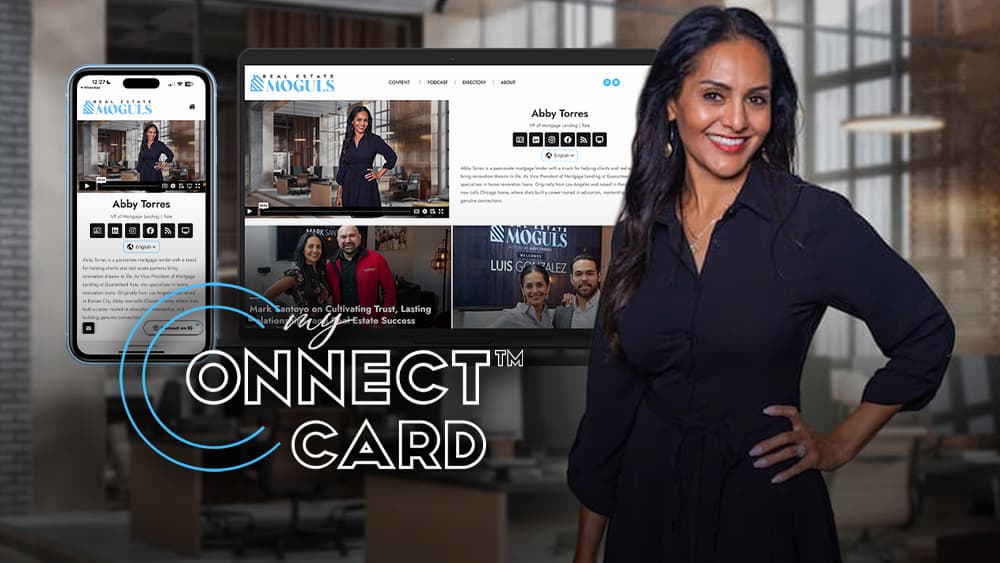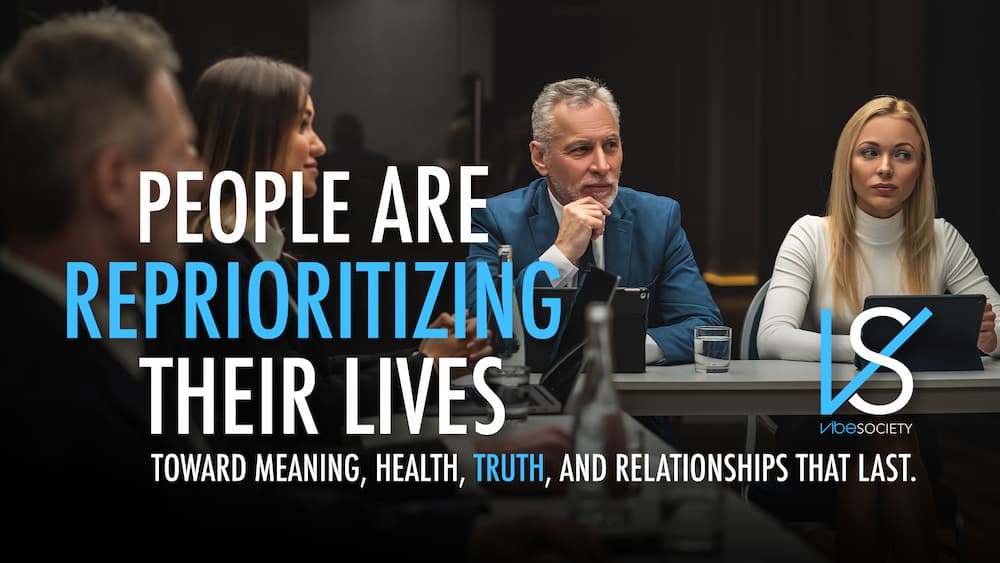Two very different financial philosophies often compete for your attention. One encourages you to eliminate every form of debt and live with zero financial obligations. The other claims that using debt strategically is the fastest way to multiply your resources and build significant wealth. Both approaches can work, and both can fail. The difference isn’t the method—it’s the person using it.
The appeal of a debt-free lifestyle is undeniable. It offers simplicity, clarity, and peace. You live within your means, avoid borrowing, and move through life without payments draining your income. It’s a lifestyle built on discipline and restraint, one that removes the worry of interest charges, fluctuating markets, or unexpected financial shifts. When you embrace a debt-free path, you’re choosing stability over speed, long-term security over short-term convenience. For many, this aligns beautifully with how they want to live—free from financial pressure and grounded in steady, predictable decision-making.
But not everyone is wired for that pace. Some people are driven to build, scale, and expand. They see opportunities not as something to save for, but something to seize—and leveraging debt becomes the tool that accelerates their progress. Entrepreneurs, real estate investors, and business-minded individuals often lean toward this approach. They recognize that debt, when used wisely, allows them to acquire assets that generate income, increase in value, or create long-term cash flow. Instead of waiting decades to save enough to invest, they borrow strategically, letting their investments work immediately.
This approach, however, demands a strong foundation of character—self-control, clear thinking under pressure, humility, and the ability to manage responsibility without panic. Debt amplifies both strengths and weaknesses. If you’re disciplined, it can accelerate your growth. If you’re careless, emotional, or unprepared, it can magnify mistakes and create stress that spills into every part of your life.
Choosing your path requires honesty. Look at your temperament, not your pride. Look at your habits, not your fantasies. If financial instability or uncertainty weighs heavily on your mind, leveraging debt may feel like walking on a tightrope. If you know inconsistency, poor organization, or emotional spending are struggles, adding debt to your life can be dangerous. A debt-free approach may not grow your wealth as quickly, but it will help you build a foundation that’s strong, steady, and sustainable.
On the other hand, if you’re someone who thrives under responsibility and remains calm while managing moving pieces, leveraging debt can be an instrument of growth. Entrepreneurs who understand cash flow, planning, and risk often use debt to build empires—not recklessly, but strategically. They study the numbers, prepare for worst-case scenarios, and structure deals that protect them even when markets shift. They succeed not because debt is magic, but because their discipline is stronger than their desire to move quickly.
Both strategies demand sacrifice. Debt-free living means saying no to certain comforts or conveniences while you build. Leveraging debt means accepting pressure, accountability, and the need for consistent performance. Neither is “easy.” Neither is “better.” Each requires wisdom, maturity, and self-awareness.
Your financial path should align with the kind of life you’re called to steward. If you want simplicity, peace, and freedom from financial weight, the debt-free route will help you flourish. If you’re wired to build, innovate, and multiply resources, leveraging debt might be the tool that unlocks your vision—so long as you’re committed to the discipline required to use it.
The real danger isn’t choosing one method or the other—it’s drifting without intention, living by impulse, and allowing your financial life to unfold without direction. Wisdom is found in knowing yourself, understanding your goals, and choosing the path you’re equipped to handle.
Debt can be a burden, or it can be a tool. It can limit your life, or it can build your future. The choice isn’t made for you. It’s made by you—through clarity, honesty, and ownership of the life you want to build.
Choose intentionally. Plan deliberately. And walk the financial path that aligns with who you are and who you’re becoming.








